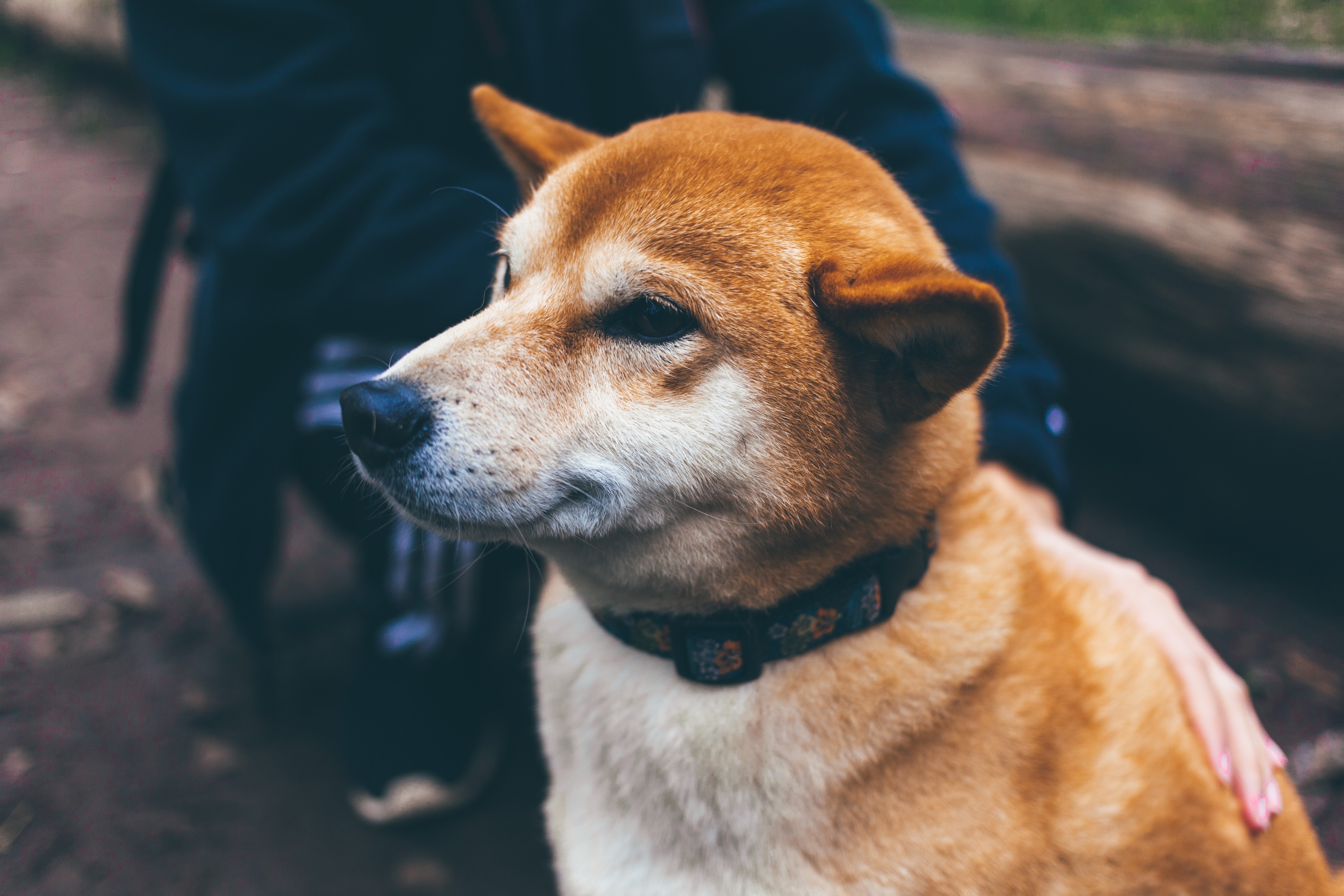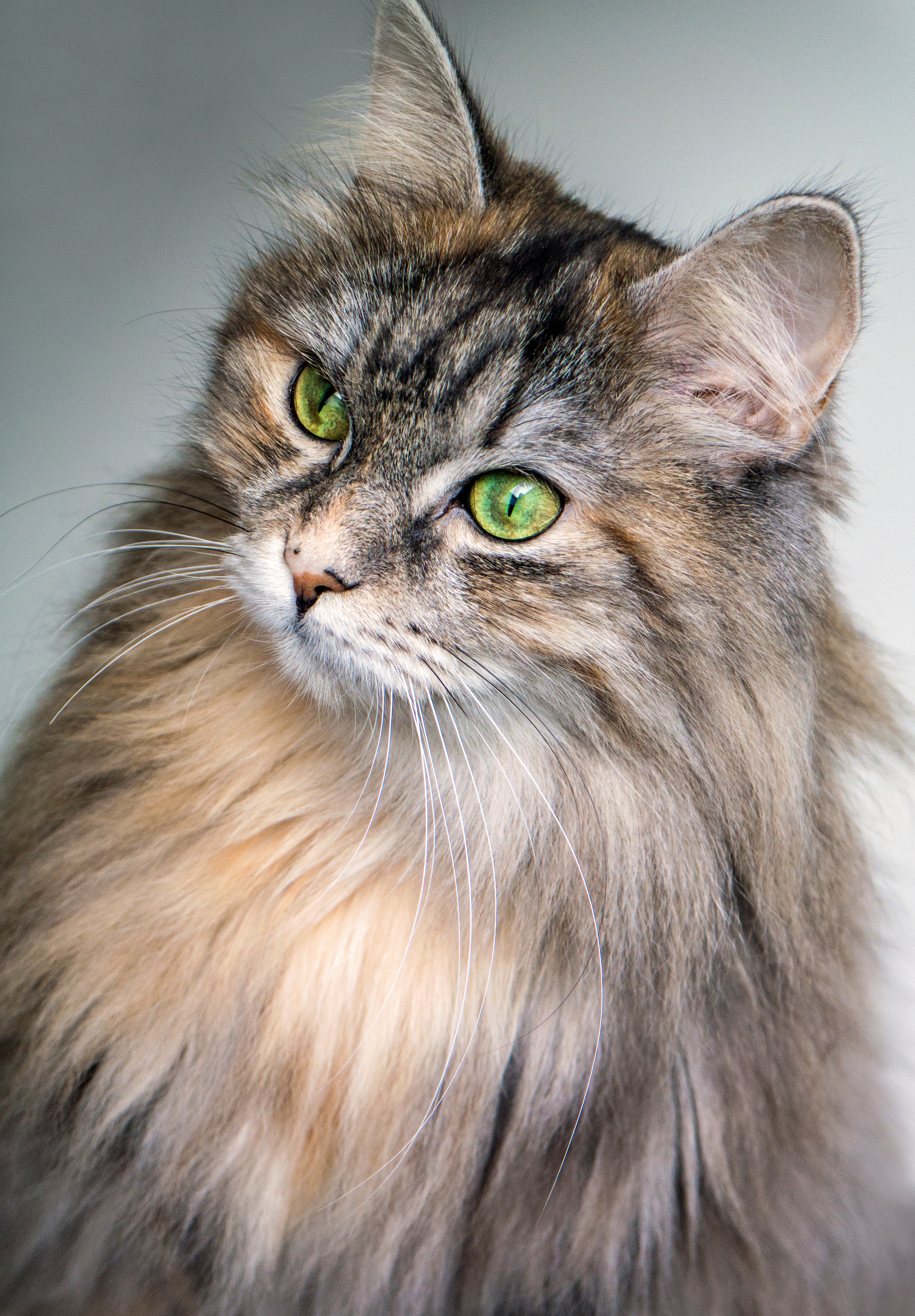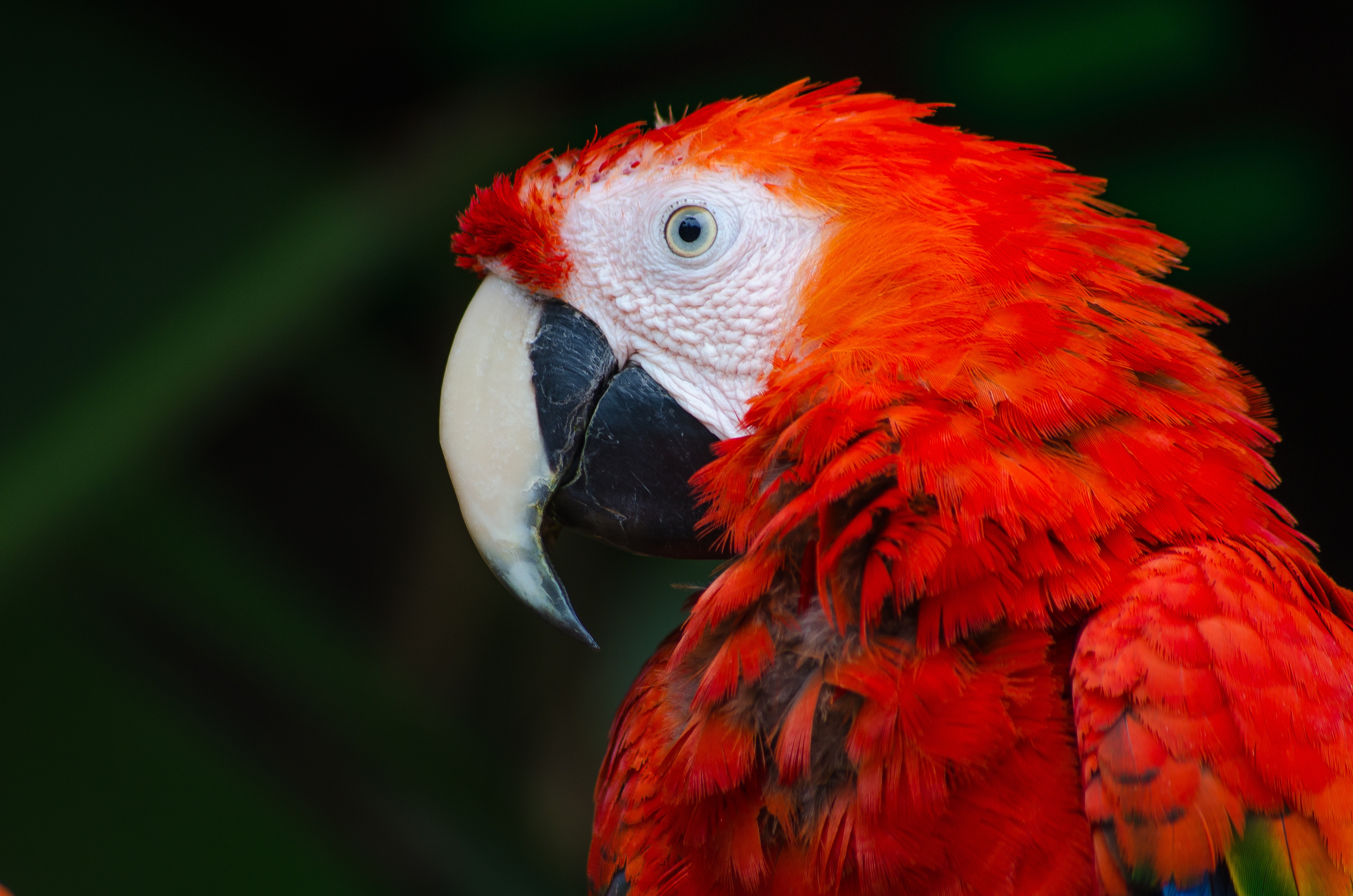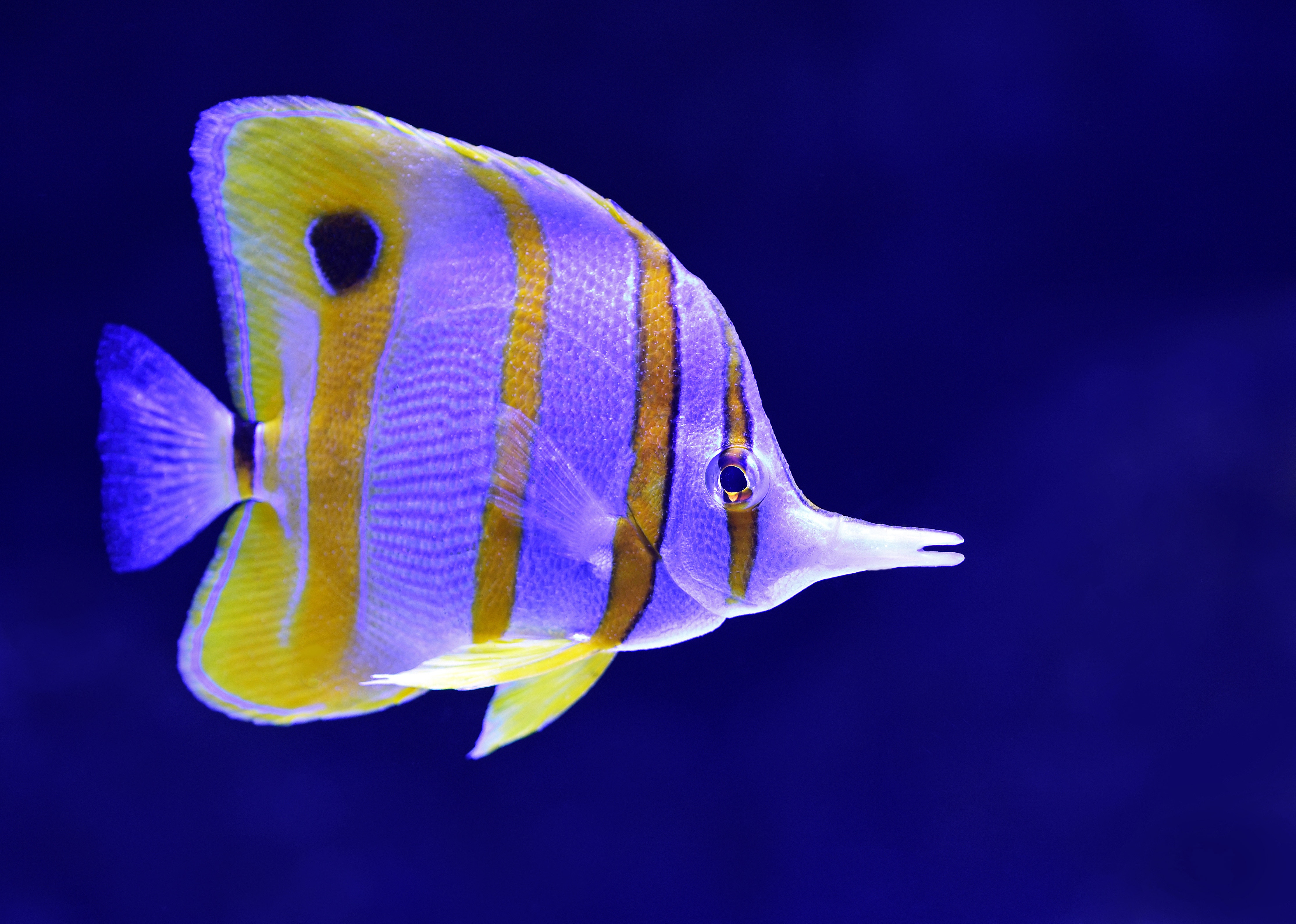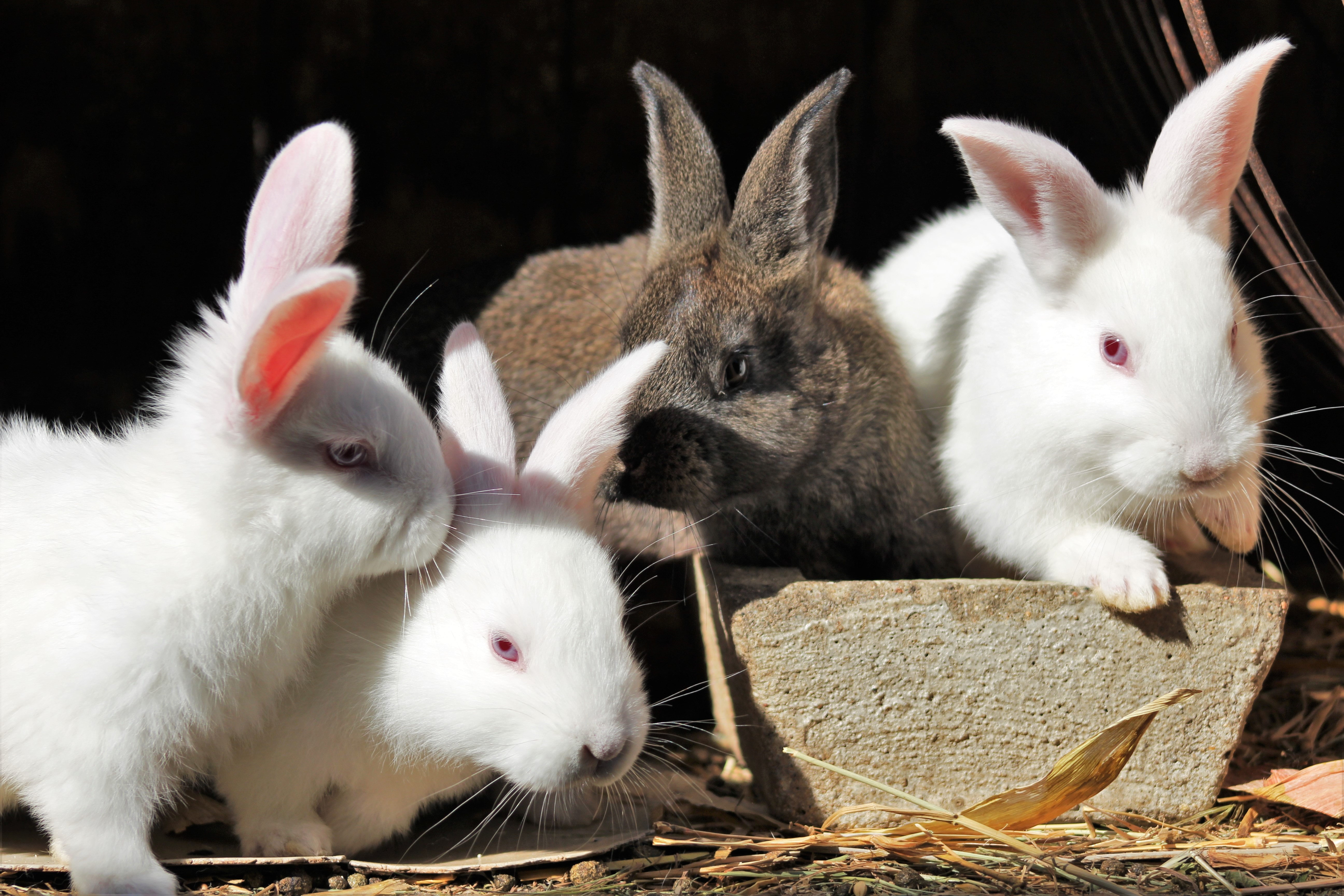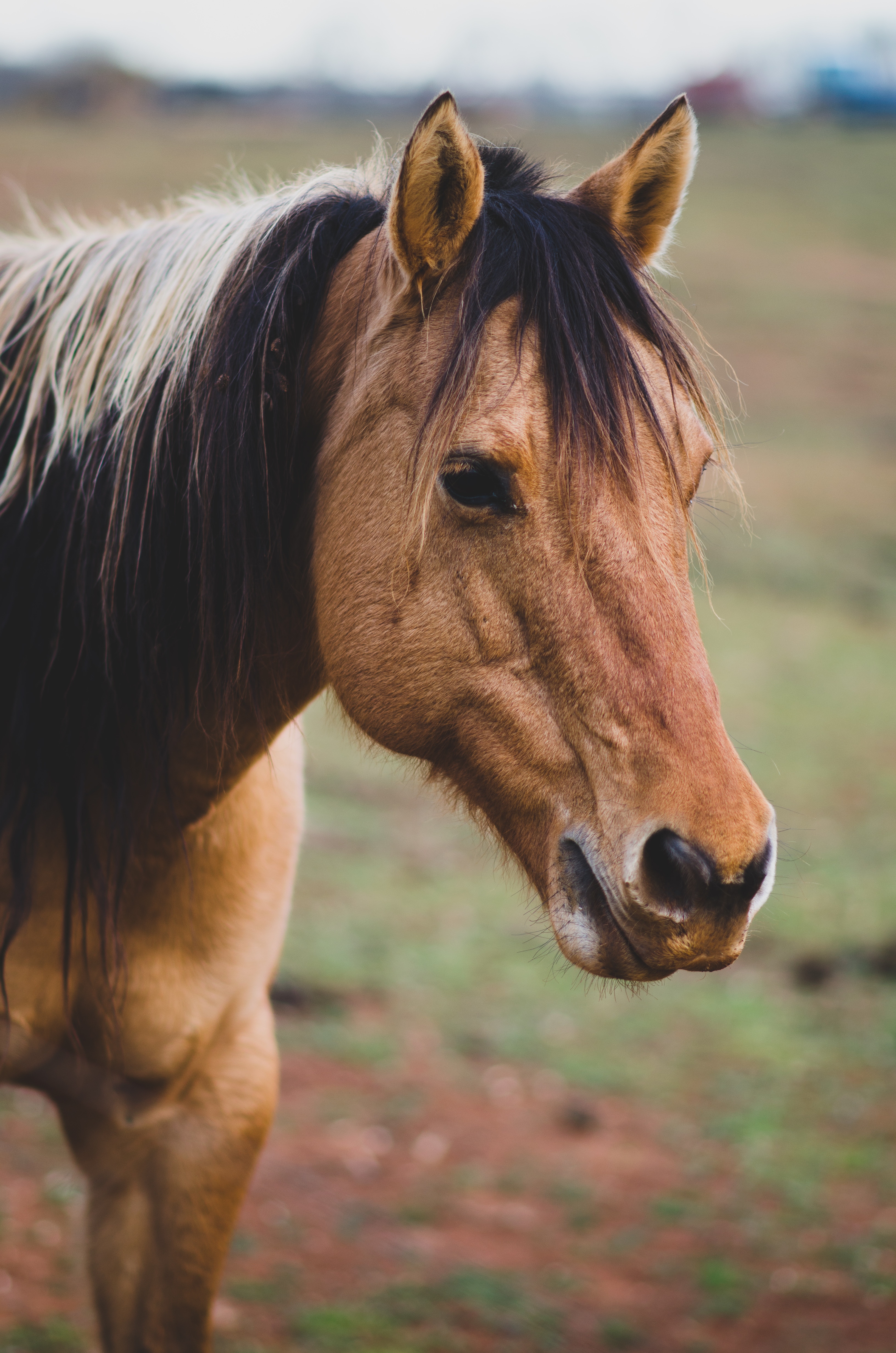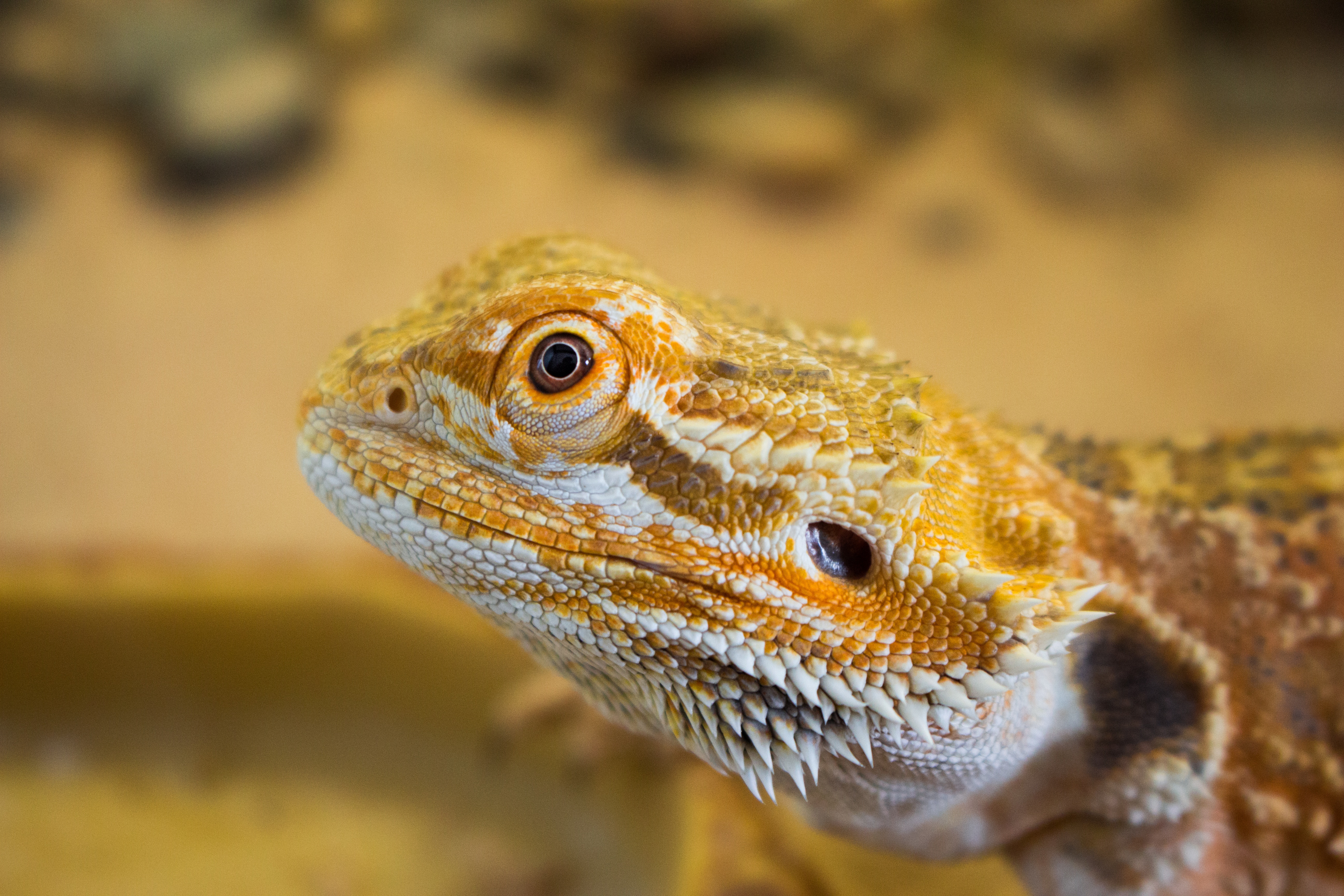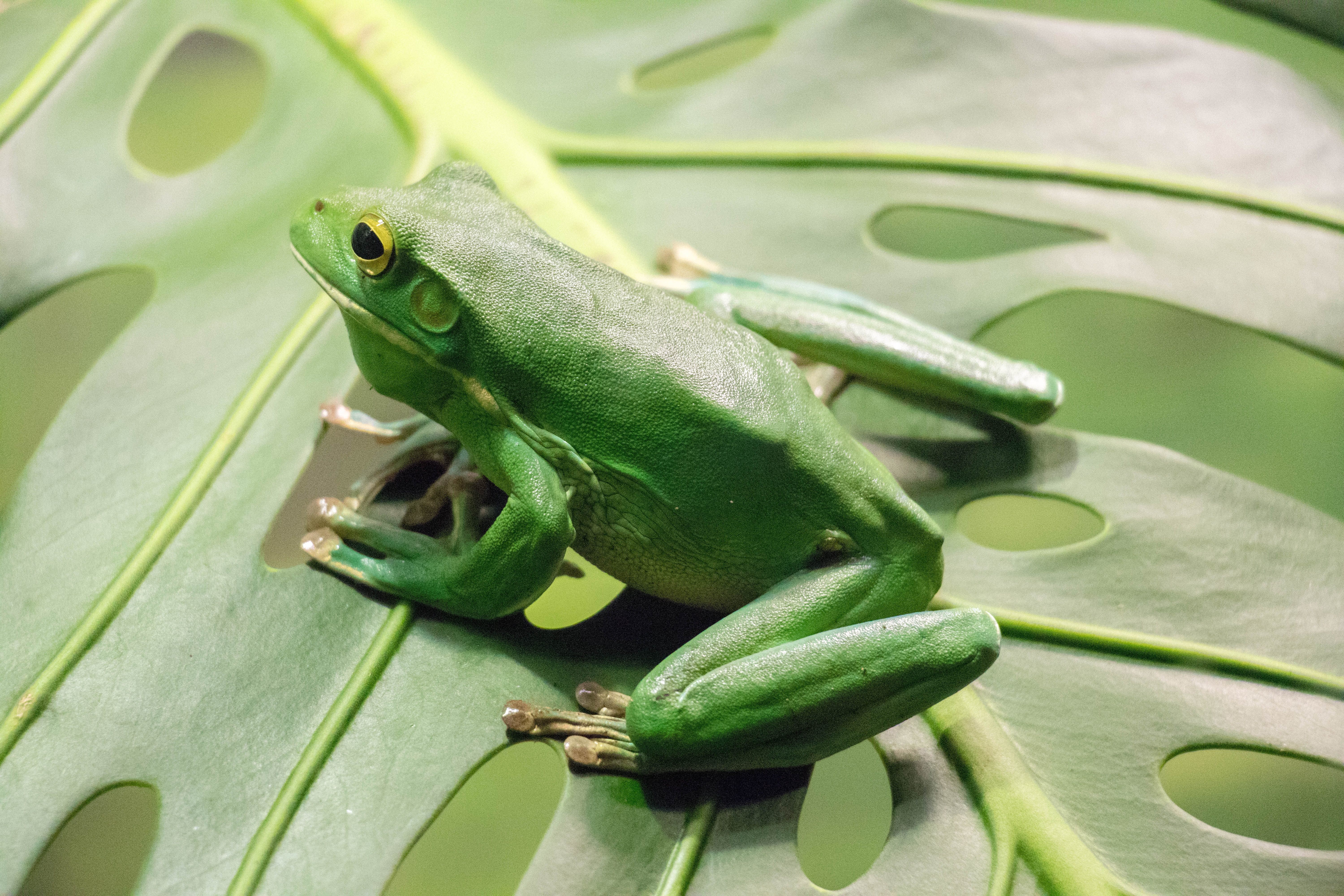Environment
A suitable living environment
Diet
A suitable diet
Behaviour
To be able to behave normally
Companionship
To have appropriate companionship
Health
To be protected from pain, suffering, injury and disease
1
Environment
A suitable living environment
2
Diet
A suitable diet
3
Behaviour
To be able to behave normally
4
Companionship
To have appropriate companionship
5
Health
To be protected from pain, suffering, injury and disease
Gerbils are best housed in a ‘gerbilarium’ or large tank as they prefer to live underground so need the ability to dig deep.
Gerbils are very active animals. In the wild they would live underground and pet gerbils need to be housed in tanks (‘gerbilariums’) that allow you to provide them with plenty of deep substrate for them to dig in and construct tunnels. Gerbilariums should have solid glass walls and a mesh lid to keep them secure and well ventilated. Avoid keeping your gerbils in a cage with bars on the side - they are not very good climbers and they can injure themselves if they slip. Cages also don’t allow you to provide a deep layer of substrate for them to dig in, so housing them in a gerbilarium is far better for their welfare.
Avoid putting sawdust or wood shavings that aren’t free from dust in the gerbilarium as these can cause breathing problems. There are many safe alternatives including a mix of rough-grained woodchip and hay as well as cross shredded paper or card cubes. Enrichment such as card tunnels, wooden hides along with piles of hay and willow sticks are perfect to keep your gerbils entertained. Avoid using plastic toys as gerbils will chew these very easily which can result in dangerously sharp areas, or they may swallow some of the plastic which could cause them to become ill. A gerbil tank should be cleaned every 2-3 weeks (or more frequently if soiled).
Gerbils are omnivores and should be fed a well-balanced diet of mixed seeds, grains and meat sources or there are many quality gerbil foods available to buy. Scatter feed a small handful around the cage to encourage natural foraging behaviour.
Gerbils are more active at dusk and dawn. They will spend many hours digging and perfecting their homes. To enable them to do this, provide them with a deep layer of material to dig in - at least 20cm - so they can build lots of tunnels and burrows. They also need places to hide in above ground so make sure you put some suitable hiding places made from wood in the gerbilarium, as well as some objects that they can use to scent mark.
Gerbils are most happy when living with a gerbil companion; ideally house them in small groups of 4-6 same sex family members. Many rescue centres offer a mixing service for single gerbils looking for a new companion, however gerbils are not easy to reintroduce and often have to be kept on their own due to fighting with new companions. Make sure you check your gerbils every day to ensure they are still getting along and there are no signs of fighting. If you do spot any signs of aggression you may need to split the group up and house some of the gerbils in a separate gerbilarium. They are not overly keen on being handled, when you do need to lift them up always use both hands to scoop them up to avoid damaging their tails. Always make sure any interactions between gerbils and children are carefully supervised to avoid any accidents. Asking children to sit on the floor before handling gerbils can help avoid accidents such as them falling from a height whilst being held.
Gerbils can sometimes suffer tail or leg injuries so always monitor their movements daily for any changes. Health concerns can include slow weight loss, sleeping more and overgrown nails - your vet will be able to provide you with more advice about your gerbils through regular check-ups.
Regularly check your gerbils teeth and nails to ensure they aren’t damaged or overgrown. Again, speak to your vet if you have any concerns. Spend some time getting to know how your gerbils normally behave as this will help you spot when something isn’t quite right - changes in behaviour are often a sign that an animal isn’t well.
You should register your gerbils with a vet who will be able to provide you with more advice on things like general health care. Some vets have more experience with gerbils than others.
Check before you buy
Please consider contacting your local animal rescue/rehoming centre
Many rescue centres who take in multi species rescue and rehome gerbils. All reputable rescue centres will have health checked and socialised each gerbil prior to rehoming. The average fee is often the same as purchasing a gerbil from another source, except gerbils from elsewhere will often not have had the above done and may come with considerable financial and emotional implications. Check out the charity links below for your nearest rescue centre with gerbils available for rehoming.
Ensure you are 100% confident that the gerbils are the correct gender that you have been advised them to be
Unexpected litters & accidental pregnancies are common with small pets as people don’t always ensure the sex of their new pets.
Spend plenty of time with the gerbils to ensure their character will suit your family
Ask lots of questions – reputable establishments will be happy to answer these for you.
Always health check any gerbil you intend to purchase prior to taking them home
Healthy gerbils should be:
- Alert & inquisitive
- Moving about without signs of discomfort
- Healthy looking coat with no hair loss
- Eyes bright
- Clean nose
- No injuries on their bodies
- Eating well without signs of discomfort
Common Scams
Unexpected litters are very common with small pets, so make sure you know the sexes of any gerbils you are buying and speak to your vet if you need further advice
Take the time to be confident that you are taking on a gerbil that is what it has been advertised as.

